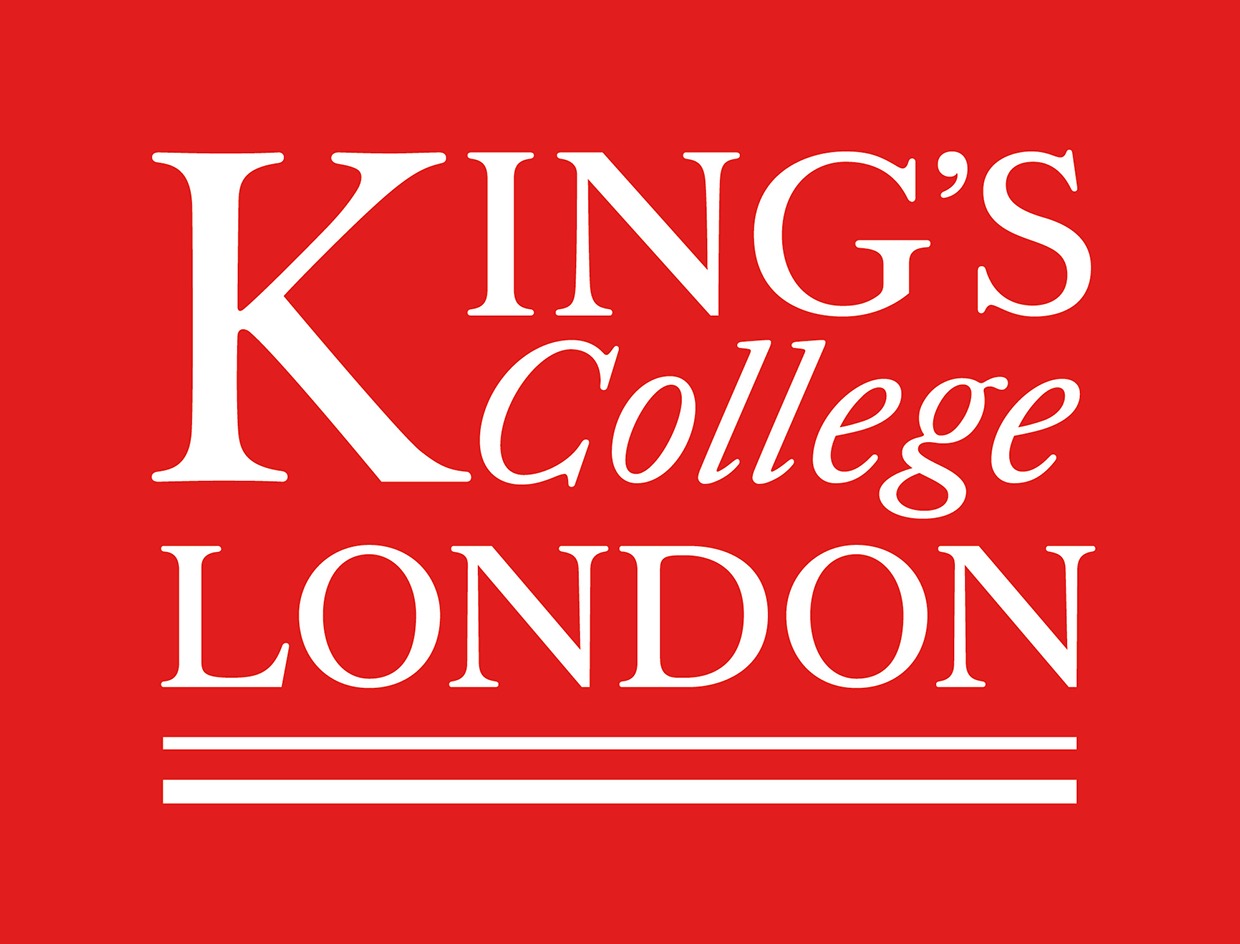Shortlisted for a BAFTSS Practice Research Award 2025, in the category of Best Videographic Criticism.
Reverie (2023) lies at the nexus of the essay film and videographic criticism. It is assembled from fragments and out-takes from the previous works of the filmmakers, Nobunye Levin and Palesa Shongwe, text and conversation, excerpts from the film Come Back Africa (Rogosin,1959), and YouTube clips of the South African singer and activist Letta Mbulu, to reveal a feminist love praxis in the collaborative life of the two filmmakers – Levin and Shongwe. In Reverie, the love labour performed in the friendship of the filmmakers is realised through film, and functions as a generative mode of collaborative film praxis that negotiates the tensions and possibilities between dreaming and freedom. Reverie is concerned with a “new cinephilia” (Shambu, 2020) – a critical orientation towards the love of cinema, demanding it be mobilised as a “worldmaking” activity involved in the political transformation of the world through a transformation of representational practices (Srinivasan as cited in Balsom and Peleg, 2022). Reverie is a work in process, revealing knowledge as open-endedness. It is a work of epistolary, ephemeral impressions, organised through the “logic” and action of reverie, where echo and resonance are considered. Freedom and pleasure are imagined through the aesthetic and form of states of reverie, where the haptic is also conjured as a further site of freedom and pleasure. Reverie enacts a relational reverie, where a series of women dream of one another in call and response – a freedom dream (Kelley, 2002) tracing the reverberations of various “freedom dreams” (Kelley, 2002) in the audiovisual bonds between different fragments. In this tracing of the notion of a freedom dream is the consideration of the concept and state of reverie as a political tool for “emancipatory dreams” (Vergès et al, 2021) and dreaming. A tool of political action to ward off the inertia of despair.
